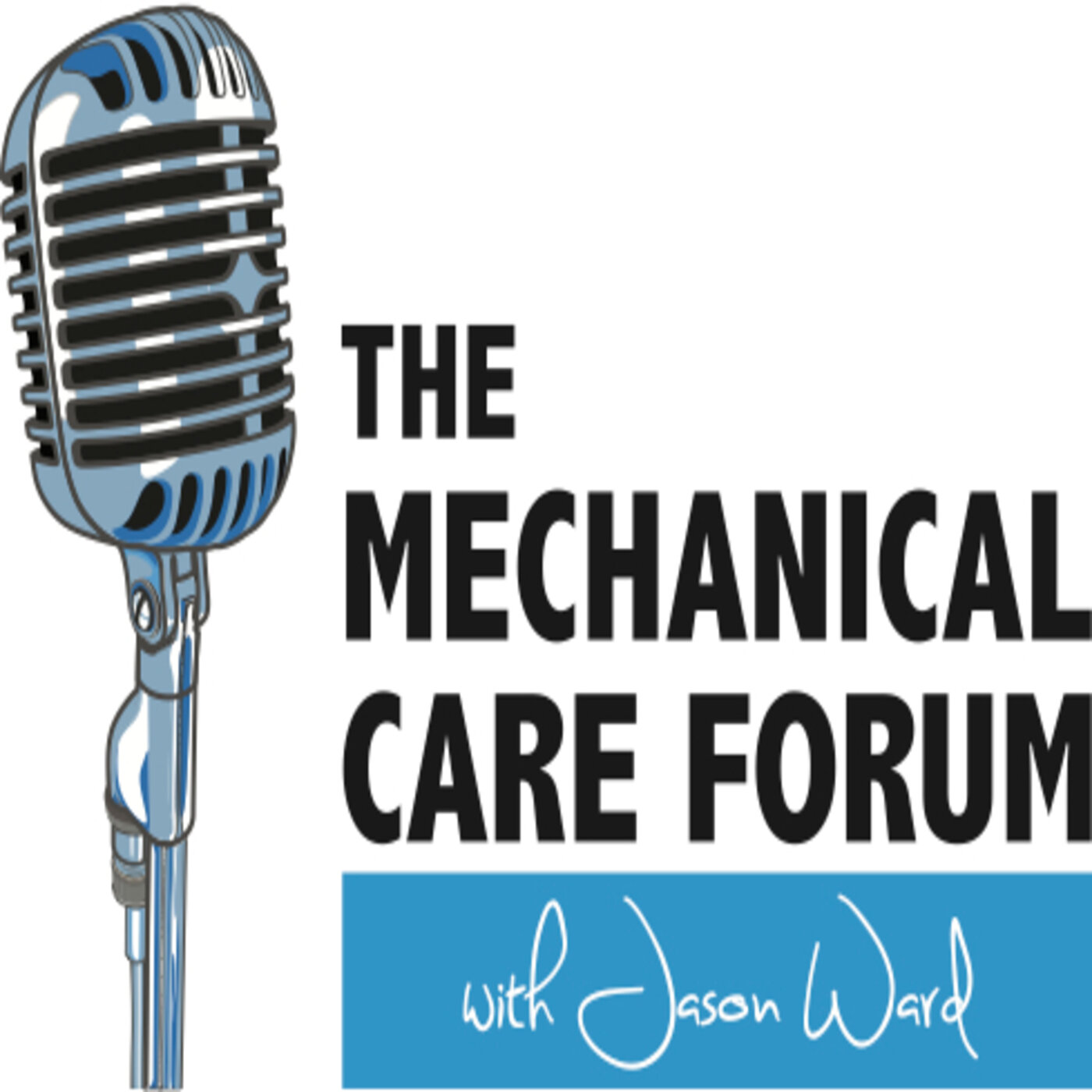In episode 248 it’s part two of my conversation with Professor Nadine Foster. She discusses the idea of physical therapists functioning as a front line practitioner including the pros and cons from her perspective. She compares the idea of personalized care versus stratified care and shares what data she’s collected on stratified care and how it influences outcomes. And, she shares additional projects she’s working on for which we can be watching out. All this and more. This week on MCF!
Show Notes
Self Introspection for Physical therapists
Nadine lists a number of questions including looking at the chronicity of symptoms, financial reimbursement, treatment approach matching clinical need and its affect on patient outcomes. She encourages use of clinical screening tools including but not limited to StarT. It is important to ask tough questions including if as therapists we are creating dependency in our patients with our treatment approaches.
Tele health
A huge trial was conducted in the UK to compare usual care (face to face assessment) to PhysioDirect (initial telephone based advice with subsequent face to face appointment) to determine cost efficiency. The results included good patient satisfaction with quicker access via phone and comparable physical and mental health in both groups.
First Contact Care
Nadine supports the concept of direct access for physical therapists for time and cost efficiency. In response to the concern for safety and missing out on identification of serious pathology by alternative health care providers; she references high quality research studies that report low prevalence of serious spinal pathology in LBP patients, especially in primary care settings. The availability of time for patient and ability to engage them in active exercise by physical therapists will also positively influence management. Current high quality research has shown medications to be an ineffective way to treat low back pain and in light of those findings, the need for a medical practitioner to be a first contact clinician can be questioned.
Personalized Medicine and Stratified Care
Research is underway for individualizing medical treatment by matching genomes to treatment which is called personalized medicine, but at this moment it has not lead to breakthrough findings for management of low back pain.
Stratified care is defined as subgrouping patients based on similar characteristics and then matching them to different treatments. A way to sub group and match treatment will be to determine the cause of the symptoms and another would be to develop clinical prediction rules (CPR) to identify characteristics that determine which treatment is effective. A new approach that is being studied by her group is to explore effectiveness of using prognosis to sub group patients.
STarT Back Tool
STarT is a simple prognostic questionnaire that helps clinicians identify modifiable risk factors (biomedical, psychological and social) for back pain disability. There are 9 items which capture 8 obstacles to recovery, 4 of which are physical and the other are psychological. The resulting score stratifies patients into low, medium or high risk categories for persistent, disabling pain. Treatments matched depending on the risk category and their studies with patients in UK found that it lead to improved patient outcomes.
As the risk factors are addressed with treatment, a change in scores and risk category on the STarT back tool is possible.
Current and Future Undertakings
Nadine and her team is working on devising a common tool like the STarT back for musculoskeletal problems in general. It is called the STarT MSK tool and has been currently validated and available for use by clinicians. She is also involved in conducting RCT for stratified care, prognostic approach for common musculoskeletal problems including back pain, neck pain, shoulder pain, knee pain and multi site pain.
Nadine and her team are also working on receiving funding for studying an area that has been largely ignored; i e prevention of low back pain and also impactful recurrences of episodic low back pain.
Helpful Links:
https://www.keele.ac.uk/sbst/startbacktool/
https://www.thelancet.com/journals/lancet/article/PIIS0140-6736(11)60937-9/fulltext
https://www.thelancet.com/journals/lancet/article/PIIS0140-6736(18)30489-6/fulltext
And you can find more about Professor Nadine Foster here
https://www.keele.ac.uk/pchs/staff/professors/nadinefoster/
And check out the International Forum for Back and Neck Pain Research in Primary Care here
We hope to deliver this content to the committed professional who wants to improve his/her care and we hope to do it in a way that is easily accessible, the world over, in today's technological age.
To contribute:
Give a 5-star review on iTunes;
Share EP #248 with a friend; and/or
Connect with us on the Spotify MCF Podcast and MCF Instagram page!
Thanks for your support!



